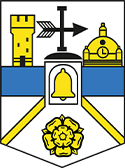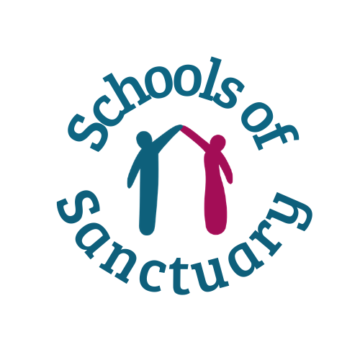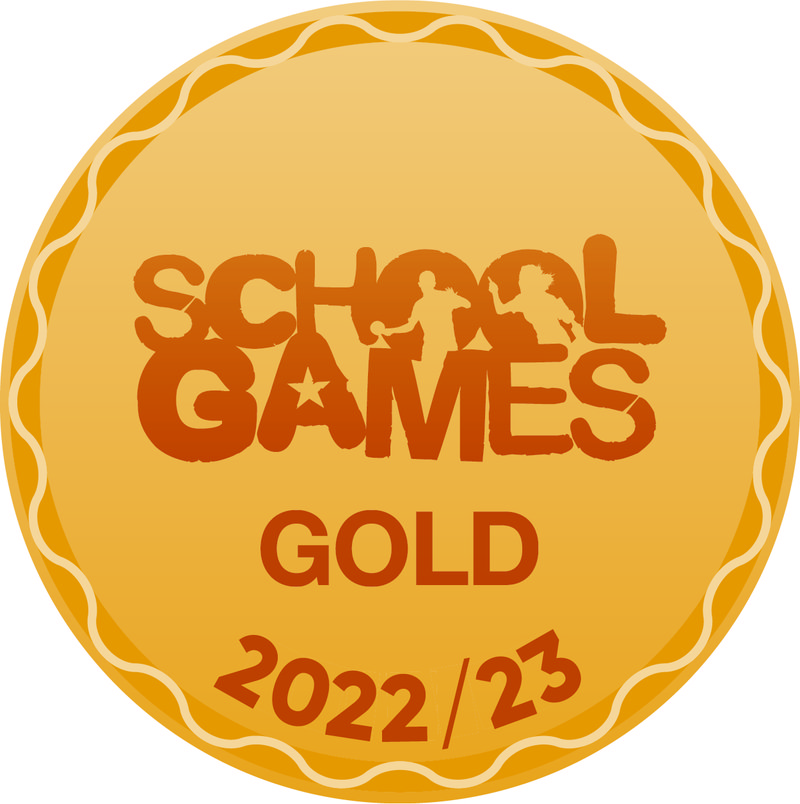PSHE & Safeguarding
Our curriculum leader for PSHE and safeguarding is Mrs Lynn Ashton.
PSHE
Intent
At Glusburn CP School, we want PSHE education to equip pupils to live healthy, safe, productive, capable, responsible and balanced lives. We also want to support the personal development of pupils by building their confidence, resilience and self-esteem, and enable them to identify and manage risk, make informed choices and understand what influences their decisions. In addition, we want pupils to develop an understanding of themselves, manage their emotions, develop empathy and deal with change.
Implementation
Children experience weekly PSHE lessons, this allows them sufficient time to become fluent in their knowledge and skills, and recalls will ensure this is embedded in their long term memory.
We follow themes that develop sequentially through the year groups; aligned to the NYCC PSHE and Citizenship Guidance for schools (updated December 2020). These themes are taught across each year group.
1. Me and My Relationships
2. Keeping myself safe
3. My healthy lifestyle
4. Becoming an active citizen
5. Me and my future
How is PSHE enabled in the Early Years?
In Early Years PSHE is taught through the Prime area of Personal, Social and Emotional Development (Self regulation / Managing self / Building relationships) and is enabled through, for example: planning activities that require collaboration, such as parachute activities and ring games; providing time, space and materials for children to collaborate with one another in different ways, for example, building constructions; providing a role- play area resourced with materials reflecting children’s family lives and communities; ensuring that children have opportunities over time to get to know everyone in the group, not just their special friends; providing activities that involve turn-taking and sharing in small groups; providing experiences and activities that are challenging but achievable; providing regular opportunities for children to talk about something they are interested in or have done; involving children in drawing or taking photographs of favourite activities or places, to help them describe their individual preferences and opinions; providing photographs and pictures of emotions for children to look at and talk about; providing activities that help children to develop safe ways of dealing with anger and other strong feelings; planning small group circle times when children can explore feelings, e.g. help children to recall when they were happy, when they were excited, or when they felt lonely; providing activities that require give and take or sharing for things to be fair; involving children in agreeing codes of behaviour and taking responsibility for implementing them.
How does the PSHE curriculum reflect our values and ethos?
The PSHE curriculum at Glusburn Community Primary School gives each of our pupils a chance to access an equal opportunity to develop the skills and knowledge they need to thrive now and in the future. This teaching is consolidated by links to the United Nations Convention on the Rights of the Child.
Teaching and learning enables our pupils to deal with critical issues in the knowledge that they have rights and responsibilities to each other.
Striving to meet the school's values of Respect, Enquiry, Appreciation, Citizenship and Honesty (REACH), the PSHE curriculum provides pupils with the resources they need.
This in turn achieves a 'virtuous circle', whereby pupils with better health and wellbeing can achieve better academically, and enjoy greater success.
Article 12 of the UNCRC- Right to be heard,
Articles 13 and 17 of the UNCRC– Rights to information
Article 19 of the UNCRC- Right to be free from harm
Article 24 of the UNCRC– Right to good mental and physical health care.
How does the PSHE curriculum impact on children’s cultural capital and in becoming well rounded citizens?
Visitors of different faiths and cultures are invited into school to share their experiences of living in modern Britain. Through these visits, the children recognise that there is diversity within communities and that this enriches life.
The children encounter the importance of non-discrimination when they meet people of different cultures who share experiences of verbal and physical assaults.
Article 2 of the UNCRC– Right to non discrimination
Safeguarding
Intent
At Glusburn Community Primary School, safeguarding and promoting the welfare of every child is a priority; we want all children and adults to feel safe. Our child-centred philosophy ensures that the best interests of the child are always taken into account, while providing a comprehensive support network to ensure that all opportunities are taken to promote effective safeguarding. Although safeguarding is led by a senior team, all adults are responsible for leading safeguarding throughout school. Children are encouraged to take a proactive role in areas relating to safeguarding, ensuring that they are part of the process and owners of their own safety. All pupils follow a well-designed safeguarding curriculum to help them learn about potential risks and danger and develop their understanding of action that can be taken to keep themselves safe. As a school, we work closely with families, external agencies and other professionals to ensure children are protected and can achieve their full potential in all areas of development.
This curriculum has been designed by pulling together strands of learning from the Computing and PSHCE curriculums alongside the Education for a Connected World 2021 Document to ensure children are made aware of their rights and responsibilities when it comes to keeping themselves and others safe both on and offline. We have created this curriculum on the premise of Maslow’s pyramid of learning whereby a child cannot make progress or learn effectively if they, to begin with, do not feel safe or secure.
Article 19 of the UNCRC– Right to be free from harm.
Implementation
Children are exposed to a weekly Safeguarding lesson with clear learning outcomes which show progression from year to year. Knowledge, skills and understanding are built upon the following themes: Self Image and Identity, Online Relationships, Online Reputations, Online Bullying, Managing Online Information, Health, Wellbeing and Lifestyle, Privacy and Security, Copyright and Ownership. These have been matched to the PSHCE themes across the academic year: Me and My Relationships, Keeping Myself Safe, My Healthy Lifestyle, Becoming Active Citizens and Me and My Future.
Resources available:
Education for a Connected World https://www.gov.uk/government/publications/education–for–a– connected–world
Be Internet Legends https://beinternetlegends.withgoogle.com/en_uk
Disrespect Nobody https://www.disrespectnobody.co.uk/
PSHE Association https://www.pshe–org.uk/
Teaching Online Safety in Schools https://www.gov.uk/government/publications/teaching–online– safety–in–schools
Think You Know How https://www.thinkuknow.co.uk/
UK Internet Safety Centre https://www.saferinternet.org.uk/









